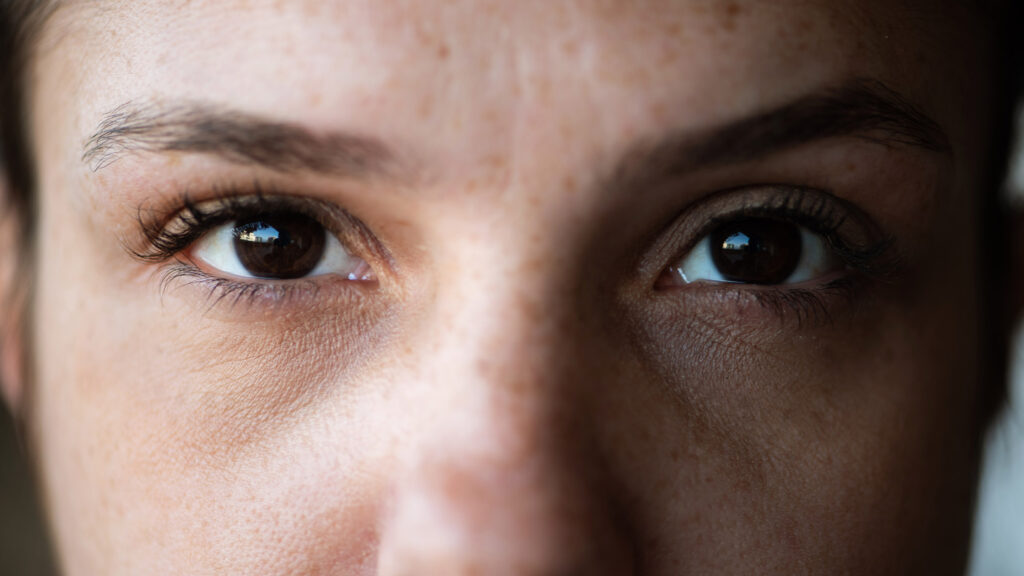Have you ever experienced that annoying and involuntary eyelid or eye twitching that seems to have a mind of its own? You’re not alone. Most of us have encountered this peculiar phenomenon, commonly known as myokymia or eye twitching. Let’s unravel the mystery behind those uncontrollable eye flutters and explore what might be causing them.
The Twitching Basics
Eye twitching, scientifically termed myokymia, refers to the spontaneous and rhythmic contractions of the muscles around the eye. It typically affects the lower eyelid but can also involve the upper eyelid or even the eyeball itself. Although usually harmless, it can be a real head-scratcher when you’re trying to figure out why your eye has suddenly decided to perform Morse code.

The Why’s and How’s
Several factors can trigger eye twitching, and stress takes the lead in this involuntary dance. Lack of sleep, caffeine overload, eye strain, and staring at screens for extended periods are also common culprits. Sometimes, even dry eyes or nutritional deficiencies can join the party, causing your eyelid to engage in a quirky solo act.
The most common type of eyelid twitching may be triggered by:
- Stress
- Alcohol intake
- Bright lights
- Caffeine excess
- Dehydration
- Eye strain
- Fatigue
- Irritation of the eye surface or inner eyelids
- Nicotine
- Wind or air pollution
The Eye Twitching Symphony
Think of eye twitching as a small glitch in the intricate orchestra of your body. It’s your muscles playing an unexpected note, often harmless but occasionally signaling that something might be amiss. Most cases of myokymia come and go on their own, lasting for a few minutes to a few days to even a few weeks.
Taming the Twitch
If you find your eye doing the jitterbug more often than you’d like, there are some simple steps you can take to calm the dance floor. Start by ensuring you’re getting enough sleep and managing stress through relaxation techniques. Cut back on the caffeine, give your eyes regular breaks from screens, and consider using artificial tears if dry eyes are part of the equation
While myokymia is generally harmless, there are instances where an eye twitch may signal an underlying issue. If your eye twitch persists for an extended period, is accompanied by other unusual symptoms, or significantly interferes with your daily activities, it’s time to raise the curtain on a visit to an eye care professional for a full comprehensive eye exam.
Embracing the Eye Twitching
In the grand scheme of things, eye twitching is often just a quirky reminder that our bodies have their own language. As you navigate the rhythmic flutter of myokymia, remember that it’s a common occurrence and usually nothing to fret about. So, take a deep breath, rest those eyes, and let the blinking symphony play its brief tune before returning to the ordinary rhythm of your day.
However, if you feel like your eye twitching is starting to cause visual issues beyond a minor annoyance, contact our team Optical Illusions today for to evaluate your eye health and learn more ways to reduce floaters in your vision.



